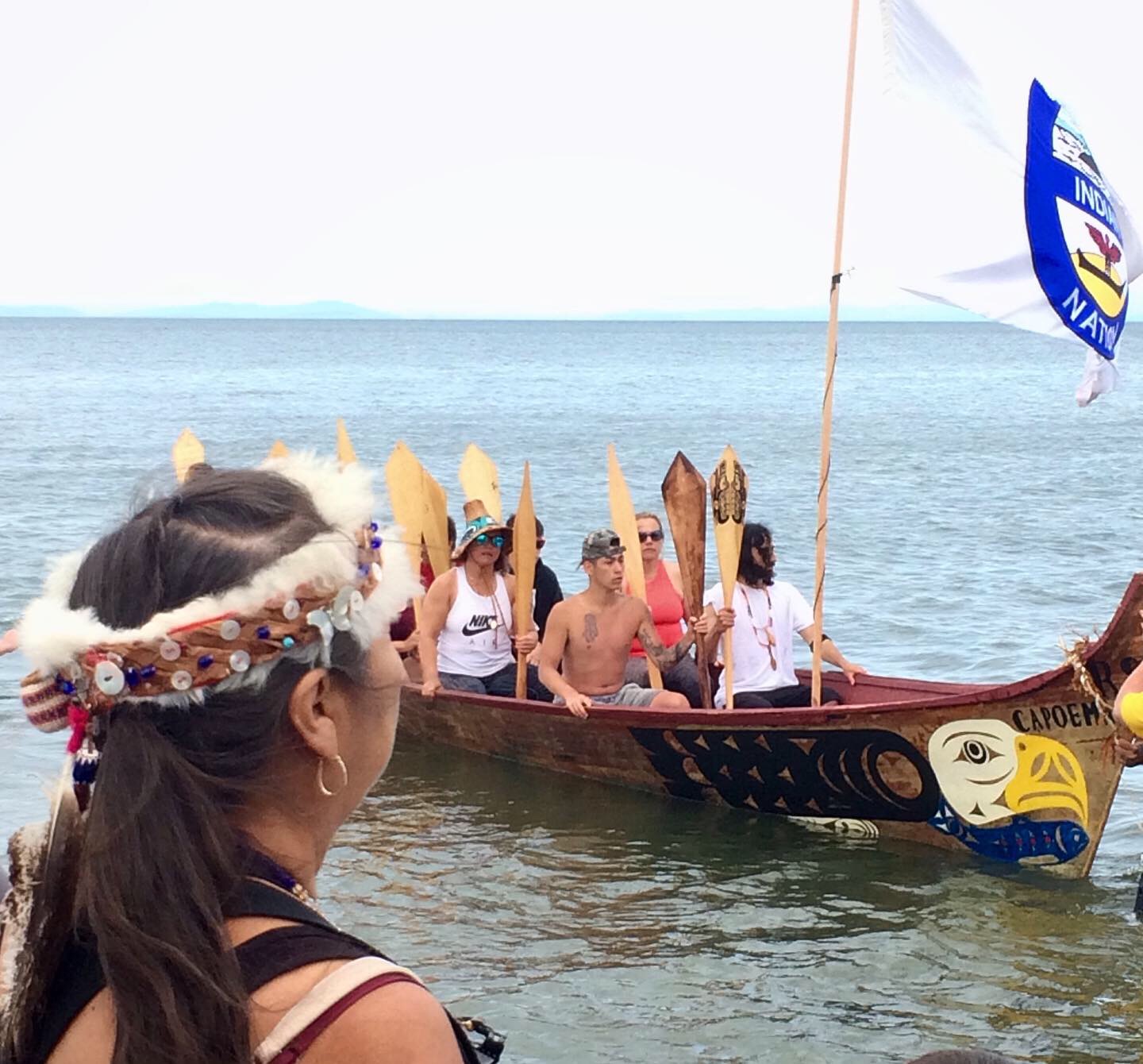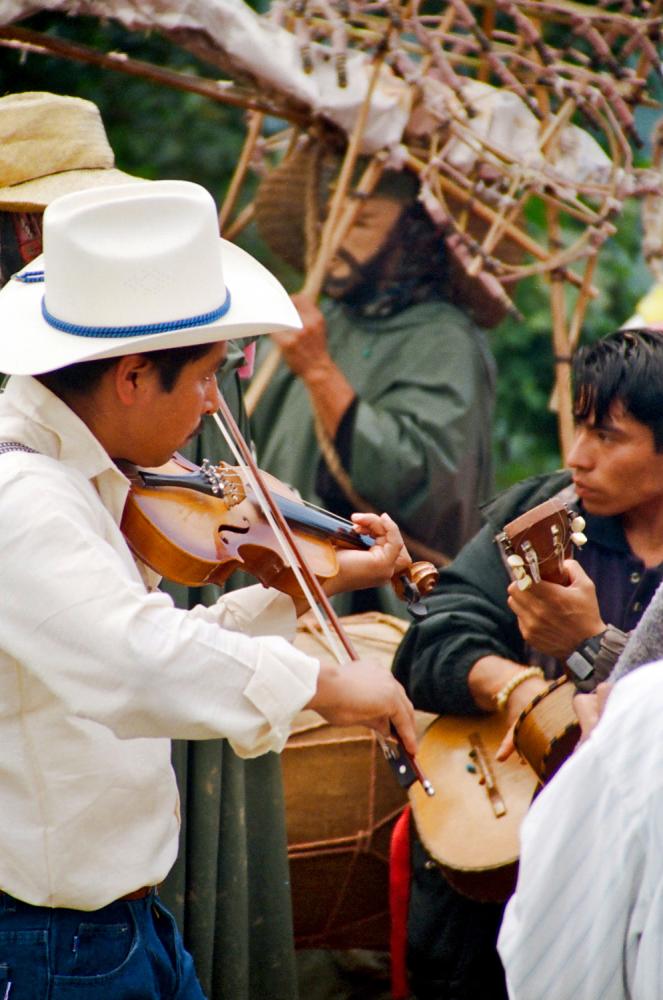Linguistic anthropology places the ethnography of language in use at the center of its analysis. Linguistic anthropology aims to use the insights gained from such an approach to illuminate human societies in their complexity and variability. Course offerings examine how language intersects with some of Brown's broader strengths, including the study of Latin America, society and the media, politics and inequality, and medicine and science studies.
The Linguistic Anthropology track is ideal for students who wish to focus on anthropological approaches to language in social context. It may be of particular interest to students who are interested in languages and language difference but are looking for a more thoroughly cultural, practice-based approach than that generally offered in linguistics.

Beyond that, the track is relevant for students interested almost any other field who are also interested in how that field intersects with language difference and language use. This track allows students to focus on theory and ethnography in linguistic anthropology while also gaining a foundation in broader anthropological theory and methods.
At least two courses in linguistic anthropology. One must be the following foundational course in linguistic anthropology, to prepare students for future courses within the track:
- Sound and Symbols (ANTH0800)
The other must be an additional course in linguistic anthropology, chosen from among the following:
- Babel’s Basement: Language and Discrimination (ANTH0900)
- Language and Migration (ANTH0805)
- Language and Medicine in Practice: Engaged Scholarship (ANTH1131)
- Language and Power (ANTH1810)
Other courses may be substituted to meet the requirement for the second linguistic anthropology course, with the permission of the DUS.
Two other foundational courses in anthropology, to ground the student’s learning within the discipline more broadly:

Quinault Tribe Canoe. Photo by Alexandra Peck. Choose One:
- Introduction to Cultural Anthropology (ANTH0100)
- Culture and Health (ANTH0300)
Choose One:
- Past Forward: Discovering Anthropological Archeology (ANTH0500)
- Human Evolution (ANTH0310)
- A course in methods commonly used in anthropology (broadly construed), to prepare students for further research:
- Ethnographic Research Methods (ANTH1940 or IAPA 1500, if taught by an anthropologist)
- Senior Seminar, (Re)Making Anthropology (ANTH 1990), normally taken in senior year, is designed to provide students a firm understanding of what defines the discipline of anthropology, as grounded through a look at anthropology’s past, present, and future.

Day of the Dead, Oaxaca, Mexico. Photo by Paja Faudree. An additional three anthropology courses of the student’s choosing. At least two of the electives will need to be at the 1000-level to meet the requirements of the concentration (see above).
- At least one general course focusing on aspects of linguistic structure. This course is in addition to the nine courses required in ANTH; given the teaching commitments of Departmental faculty, eligible courses will generally be offered only in departments other than Anthropology. Recommended courses include Introduction to Linguistics (CLPS0300) or Sociolinguistics (SLAV1300). Students may also choose another appropriate course to fulfill this requirement, with DUS approval.
- At least one language course (one semester), in any language other than English. This course is in addition to the nine courses required in ANTH. Students interested in studying a language not offered at Brown should consult with Linguistic Anthropology faculty and the Director of Undergraduate Studies.